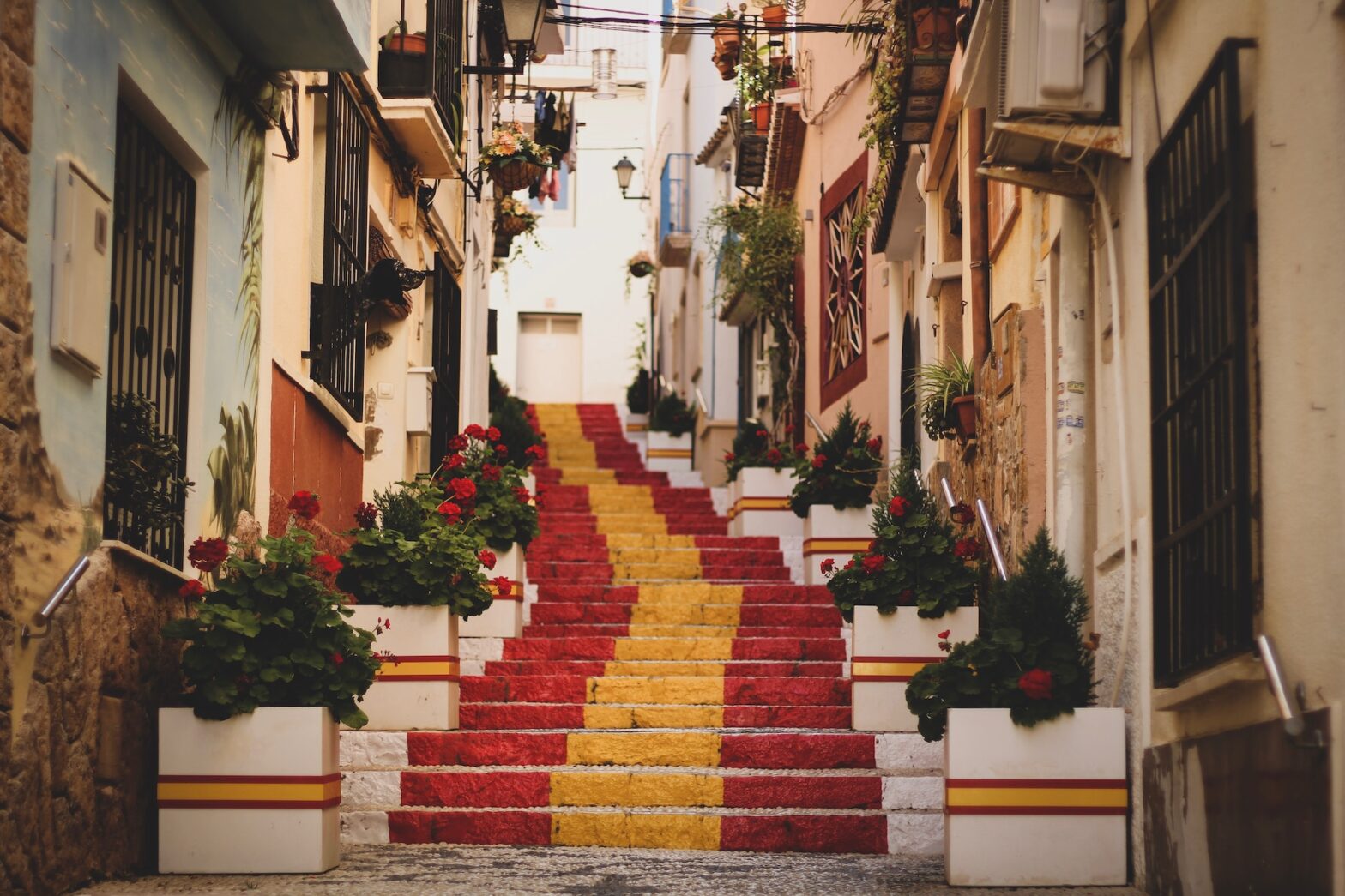Spain is a beautiful European nation that has one of the oldest and richest histories of any country in the world. Its vibrant culture, famous landmarks and innovation truly set it apart. Spain holds a treasure trove of captivating secrets and unique traditions that have shaped its identity over the centuries (and the many countries it has influenced), making it a must-visit place for adventurers.
Spain Wanderlust noted that after France, Spain is the most traveled to country in the world. It is home to a little less than 50 million people but it sees nearly double that amount of travelers every year. This is understandable when one considers all that can be learned about world history from this one nation. Additionally, Spaniards have many unique cultural practices that make their zest for life truly infectious.
From literary milestones to cultural celebrations, here are 10 fun facts about Spain that paint a vivid picture of this truly fascinating country.
The First Novel Was Written by a Spanish Author
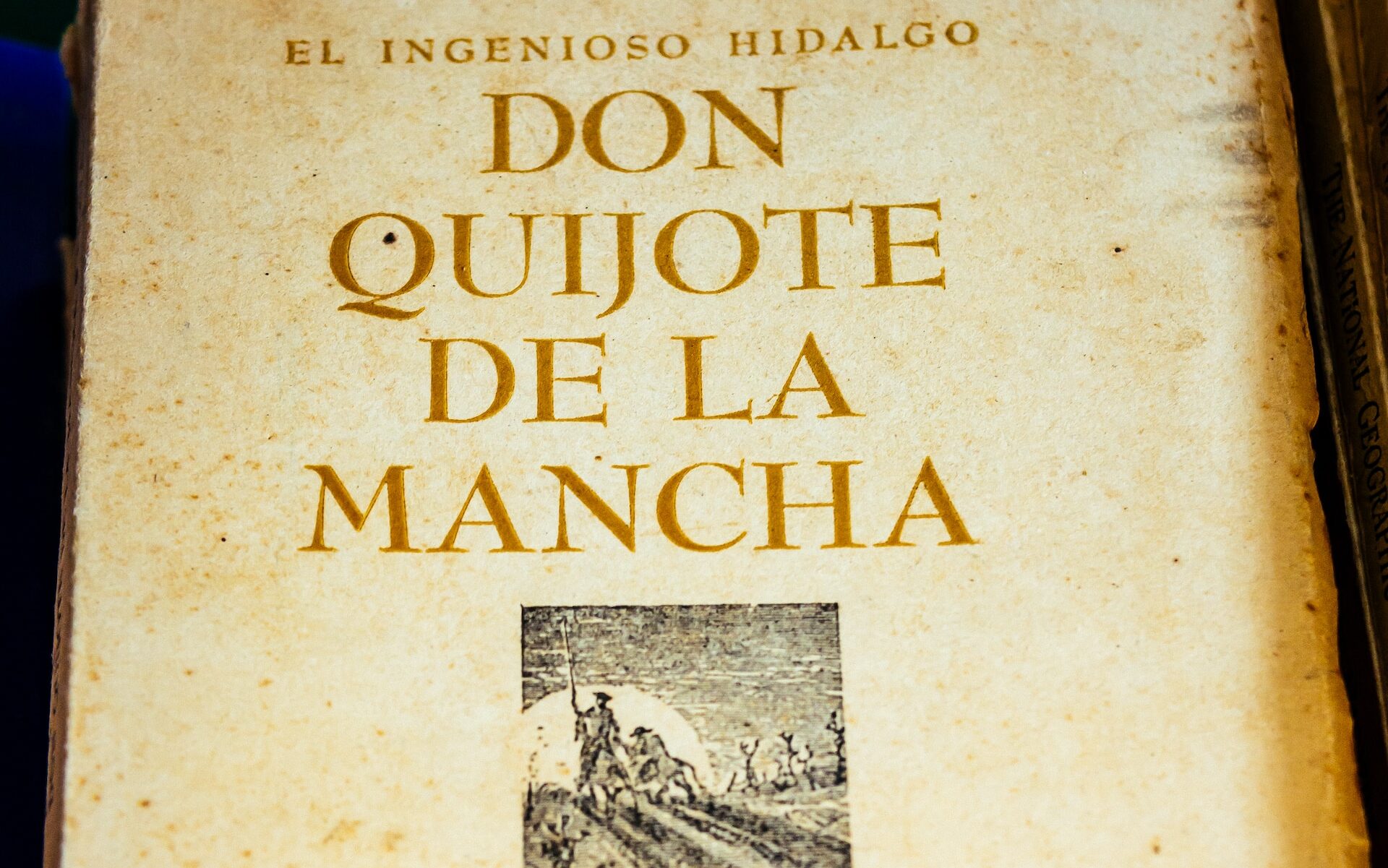
The first edition of the modern novel can be traced back to Spain, where Miguel de Cervantes wrote “Don Quixote,” widely regarded as the world’s first novel. This novel is regarded as a timeless masterpiece and continues to captivate readers globally with its wit, humor and timeless themes.
Spain Has 5 Official Languages
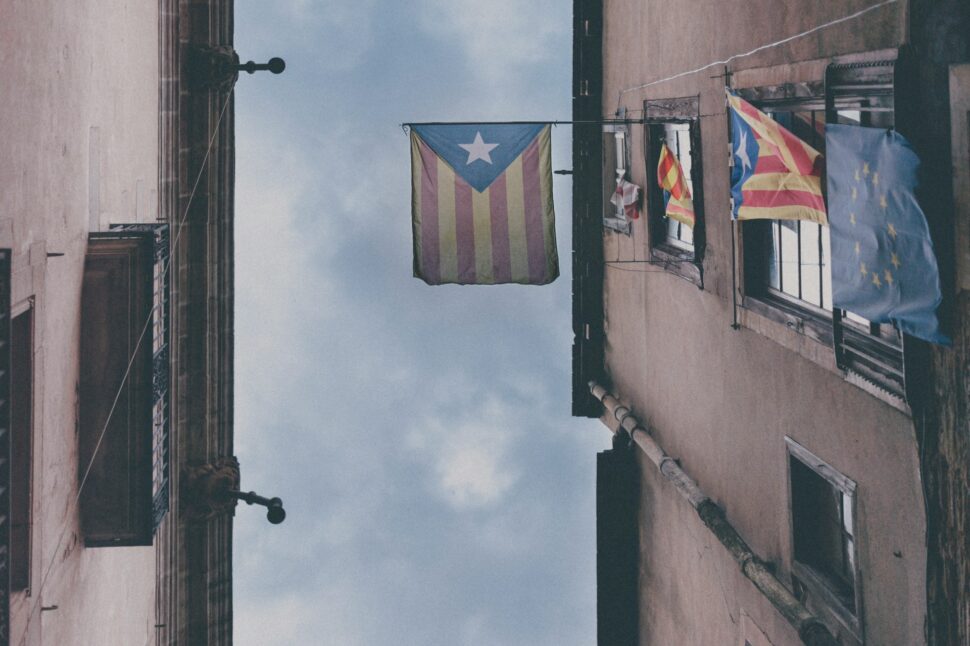
While Spanish (Castilian) is the predominant language, Spain proudly boasts four other co-official languages: Catalan, Galician, Basque and Valencian are spoken in the four different communities of Catalonia, Galicia, Basque Country and Valencian Community respectively, according to Spain Wanderlust. Each language reflects the uniqueness and intricacy of Spain’s regional cultures and identities.
Spain Is All About LGBTQ+ Inclusivity

Spain stands tall as one of the most LGBTQ+-friendly countries in the world, championing progressive legislation and societal acceptance. Its pioneering same-sex marriage law in 2005 signaled a landmark victory for LGBTQ+ rights.
Spain Is a UNESCO Heritage Hub
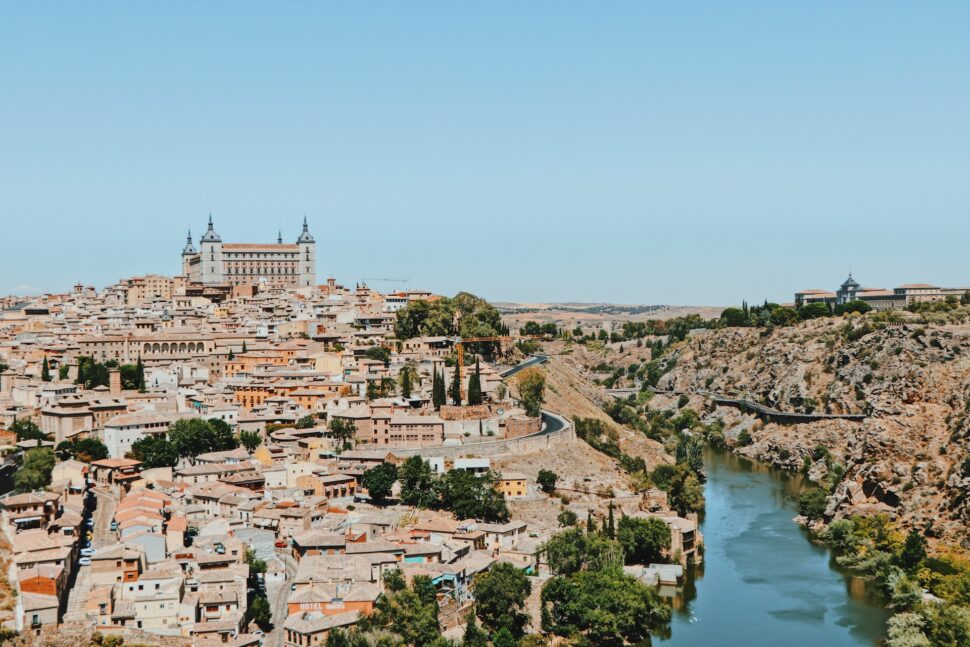
Spain ranks third globally for the most UNESCO World Heritage Sites with an impressive collection of approximately 50 total. UNESCO World Heritage Sites are places of outstanding cultural or natural importance that are recognized and protected by the United Nations Educational, Scientific and Cultural Organization (UNESCO). From the architectural marvel of the Alhambra to the historic city of Toledo, these sites showcase Spain’s diverse historical and cultural heritage.
This Spanish Festival Is a Toma-tastic Tradition

The lively La Tomatina Festival in Buñol sees participants engaging in an uproarious tomato-throwing frenzy, transforming the streets into a sea of red in a joyous celebration of food, fun and camaraderie. Julianna Barnaby for The Discoveries Of wrote about Spain’s hilarious history with this festival as it started with one man angrily throwing tomatoes at friends in 1945, then almost ending in the 1950s with a tomato funeral, to what it is today.
Spain Has a New Year’s Eve Tradition With Grapes

As the clock strikes midnight on New Year’s Eve, Spaniards partake in the age-old tradition of eating 12 grapes, symbolizing good luck for each month of the upcoming year. It’s a delightful ritual cherished across the nation and those who can down a grape for each stroke of midnight are believed to have good luck in the new year.
Spain Is a Green Energy Vanguard

Another of these fun facts about Spain has to do with the country’s efforts to do good for the climate. Spain has embraced renewable energy sources, harnessing wind, solar and hydroelectric power to a significant extent. Its commitment to sustainability has positioned it as a frontrunner in the global green energy movement.
Spain Has the Most Bars and Restaurants
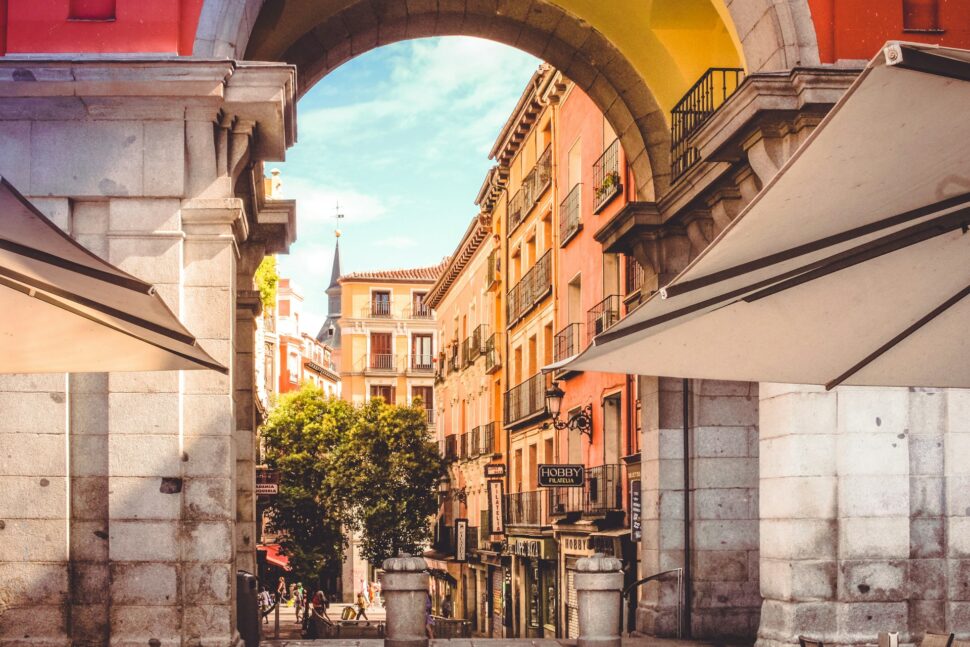
Spain’s love for socializing is embodied in the country’s plethora of bars and restaurants, holding the record for the most per capita in the world. Additionally, Sobrino de Botín, the oldest continuously operating restaurant, has been serving dishes in Madrid since 1725.
The Only European Desert Is in Spain
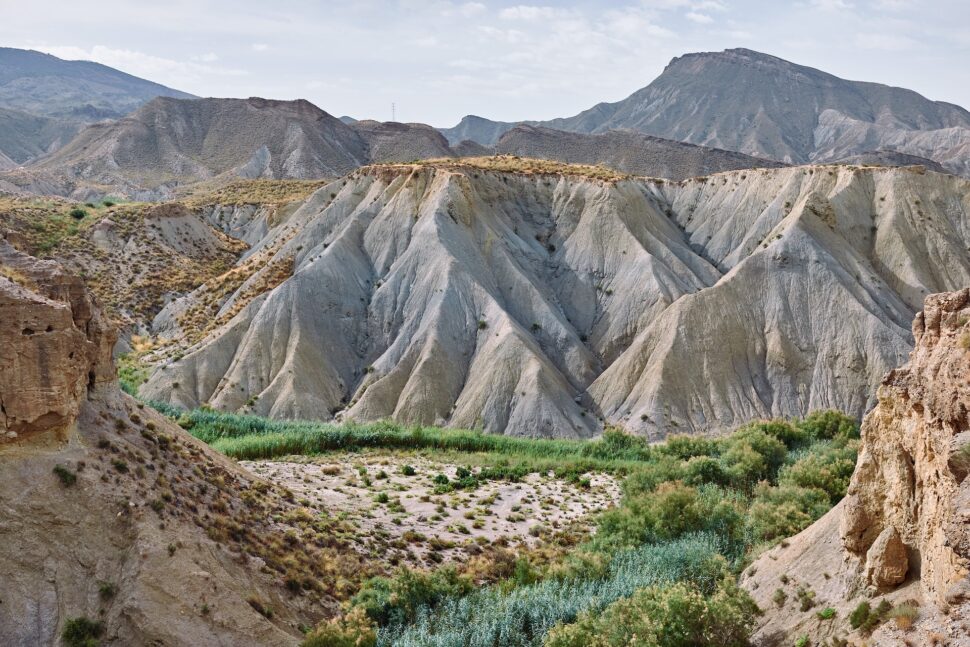
Most probably would not think of a desert climate and the continent of Europe. However, nestled in southeastern Spain lies the only desert on the European continent, the Tabernas Desert. Its rugged terrain and unique landscape offer a stark yet breathtaking contrast to Spain’s diverse geography.
Spain Still Has a Royal Family
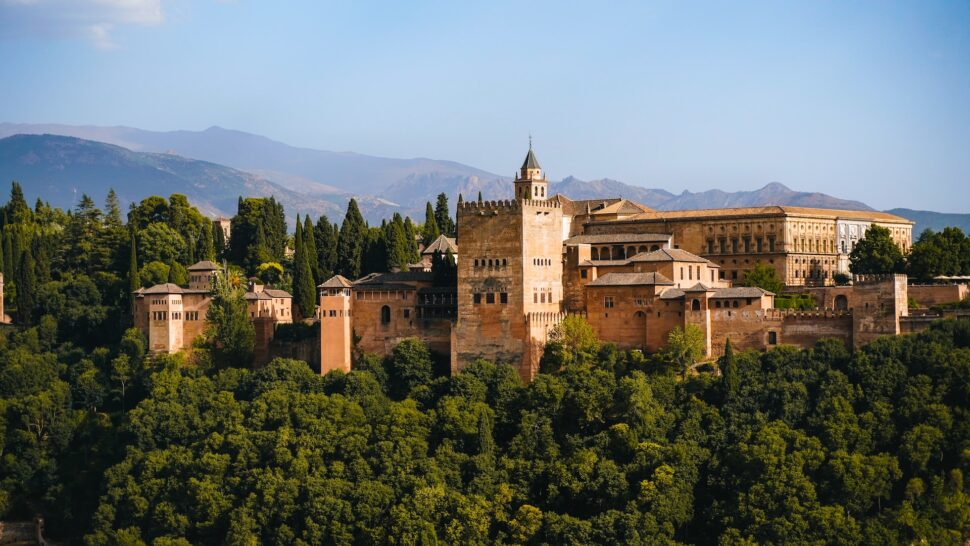
Spain upholds a Parliamentary monarchy, and the royal family remains an integral part of the nation’s heritage and ceremonial functions, symbolizing continuity and tradition. Similar to the royal family in England, Spain’s King Felipe VI is a symbolic head of state while the people democratically elect a prime minister as head of the government.
